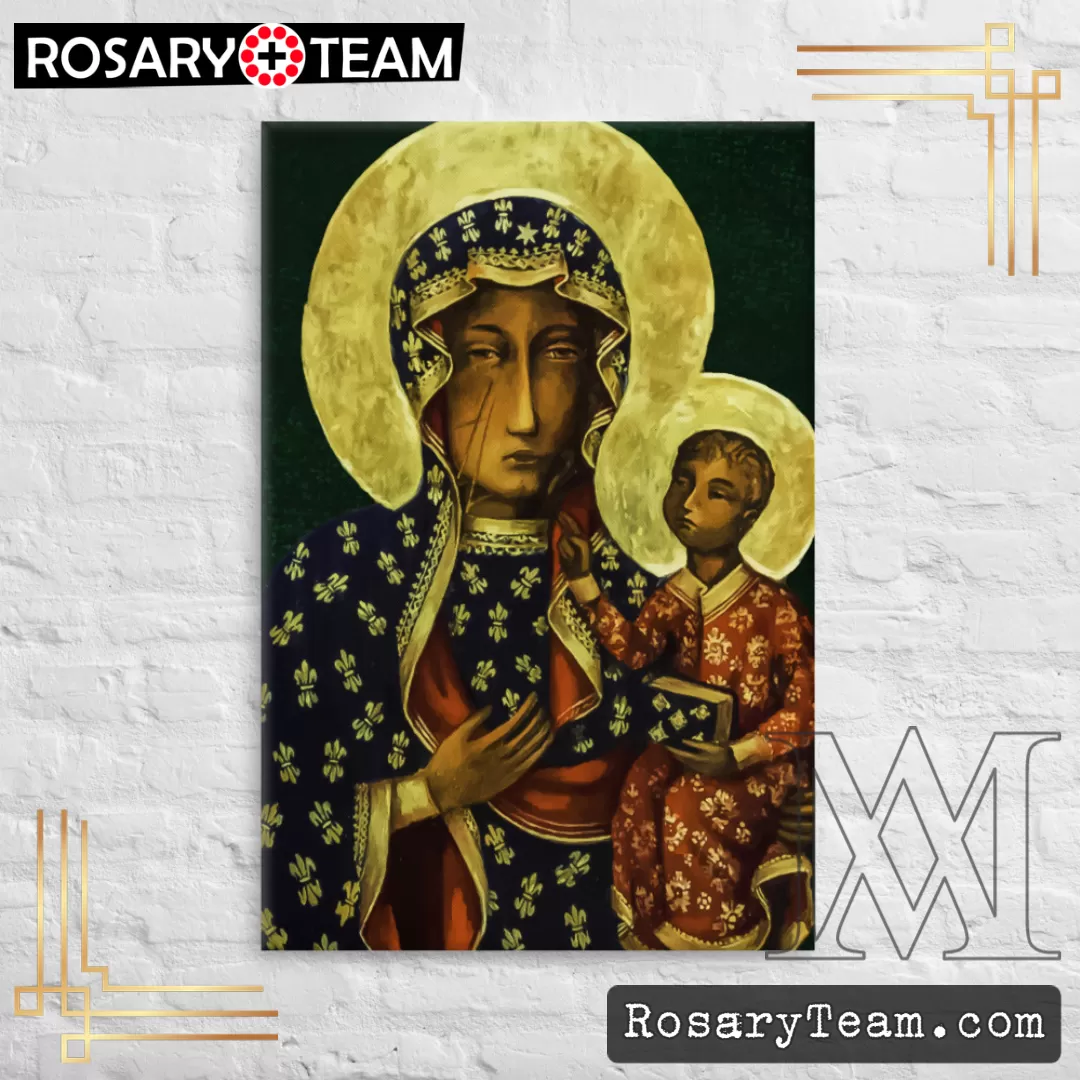Sunday, June 25 : Vatican Council II

The divine mission, entrusted by Christ to the apostles, will last until the end of the world,(Mt 28,20) since the Gospel they are to teach is for all time the source of all life for the Church. And for this reason the apostles, appointed as rulers in this society, took care to appoint successors. For they not only had helpers in their ministry,(Acts 6,2-6; 11,30) but also, in order that the mission assigned to them might continue after their death, they passed on to their immediate co-operators, as it were, in the form of a testament, the duty of confirming and finishing the work begun by themselves, recommending to them that they attend to the whole flock in which the Holy Spirit placed them to shepherd the Church of God.(Acts 20,28) They therefore appointed such men, and gave them the order that, when they should have died, other approved men would take up their ministry. Among those various ministries which, according to tradition, were exercised in the Church from the earliest times, the chief place belongs to the office of those who, appointed to the episcopate, by a succession running from the beginning, are passers-on of the apostolic seed. Thus, as St. Irenaeus testifies, through those who were appointed bishops by the apostles, and through their successors down in our own time, the apostolic tradition is manifested and preserved. Bishops, therefore, with their helpers, the priests and deacons, have taken up the service of the community, presiding in place of God over the flock, whose shepherds they are, as teachers for doctrine, priests for sacred worship, and ministers for governing. And just as the office granted individually to Peter, the first among the apostles, is permanent and is to be transmitted to his successors, so also the apostles’ office of nurturing the Church is permanent, and is to be exercised without interruption by the sacred order of bishops.
maronite readings – rosary,team
















